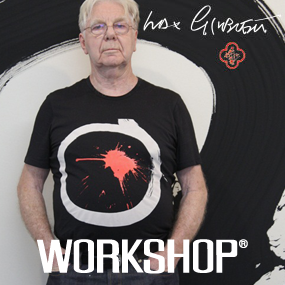Keeping Manuka Honey Real
In the hills of New Zealand, they call it liquid gold – a honey so prized that it can fetch up to £100 a jar in Britain. Made from the nectar of bees that forage upon a scraggly native tree, manuka is a heavy, deep brown honey said to have healing properties. But stung by a recent announcement that Britain’s biggest health food retailer is to start testing jars amid a flood of fakes, New Zealand’s beekeepers are scrambling to rescue manuka’s reputation.
Deborah Keil, speaking from her 405-hectare farm in the lower North Island, welcomed the testing.
“That’s fantastic. It will give the consumer more confidence,” Kiel said.
She, like the New Zealand government, suspects that honey not even derived from New Zealand is being falsely labelled manuka and finding its way on to shop shelves in Europe. It is a scenario that might explain how an estimated 10,000 tonnes of supposed manuka honey is sold around the world each year, yet New Zealand produces only 1700 tonnes of the real thing.
The fakes have led to strict rules, introduced by the New Zealand government, that now require all exported honey labelled as manuka to be tested to show that it meets the variety’s unique scientific definition.
Keil, who is a self-taught beekeeper, keeps 700 hives in remote hill country north of Wellington. Her property is covered in manuka trees and adjoins the ancient native forests of one of the country’s largest bird reserves – a canopy free of pesticides and ideal for bees.
The 45-year-old science graduate is in the throes of building her own honey processing and packaging plant for her Mountain Gold Manuka honey.
“My advice to British consumers is buy only honey that has been labelled in New Zealand – that which has been packaged in New Zealand,” she said.
Original article by Bernard Lagan, The Times, August 4, 2018.














